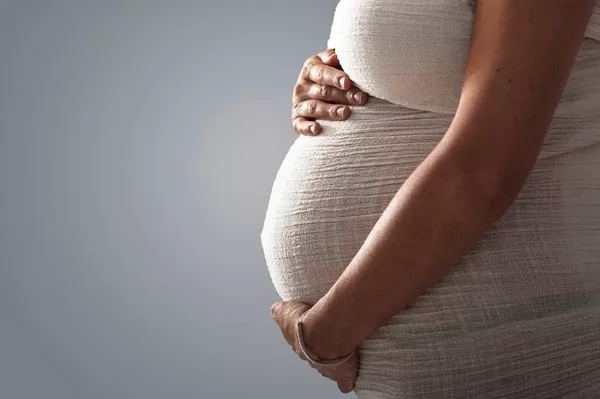Nigeria, Africa’s largest economy, grapples with a devastating reality: more women die in childbirth here than in most other countries globally. In 2020 alone, approximately 82,000 Nigerian women lost their lives due to pregnancy-related complications. Despite some progress, the situation remains dire, with causes of death ranging from severe hemorrhage to unsafe abortions.
A broken public healthcare system and insufficient political will to address it contribute significantly to this crisis. The World Health Organization recommends one doctor for every 600 people; in Nigeria, the ratio is alarmingly disproportionate, with one doctor for every 4,000-5,000 patients. Moreover, inadequate funding further compounds the issue, with the federal healthcare budget falling short of UN recommendations.
Access to healthcare is a major challenge for most Nigerians, particularly those living in remote areas or facing financial constraints. Many women opt for traditional healers or delay seeking professional medical help until it’s too late. Consequently, Nigeria’s maternal mortality rate, at 1,047 deaths per 100,000 births in 2020, remains among the highest in Africa.
The story of Lawal Arinola, a 31-year-old woman who tragically lost her life due to pregnancy complications, sheds light on the grim realities faced by many Nigerian women. Despite efforts by dedicated medical professionals like Dr. Olusola Togunde, obstetrician and gynecologist, to mitigate risks and provide quality care, systemic challenges persist.
Delays at various levels, from accessing healthcare to receiving timely treatment, contribute to the staggering maternal mortality rates. In densely populated cities like Lagos, transportation issues exacerbate the problem, making it difficult for women to reach medical facilities promptly.
The dire shortage of healthcare professionals further strains the system, with many skilled workers emigrating in search of better opportunities abroad. Dr. Moses Olusanjo highlights the systemic nature of the issue, emphasizing the need for political commitment to effect meaningful change.
Activists like Abiola Akiyode-Afolabi advocate for greater political accountability and human rights obligations to address preventable maternal deaths. Akiyode-Afolabi’s organization, WardC, amplifies the voices of women affected by inadequate healthcare, urging authorities to prioritize maternal health on a national scale.
The experiences of survivors like Torkwase Umoru underscore the urgent need for improved healthcare infrastructure and comprehensive support systems. Umoru’s harrowing ordeal, from misdiagnosis to life-threatening complications, highlights the consequences of systemic failures in maternal care.
In rural communities, where extended families play a crucial role, women like Damilola Ayomide step in to provide support and care for vulnerable mothers and infants. Ayomide’s story exemplifies the resilience and solidarity within Nigerian communities, even amid overwhelming challenges.
Addressing Nigeria’s maternal mortality crisis requires a multifaceted approach, encompassing increased funding, improved healthcare infrastructure, and comprehensive policies to safeguard women’s rights. Only through concerted efforts and political will can Nigeria ensure that pregnancy is not a death sentence for its women.


